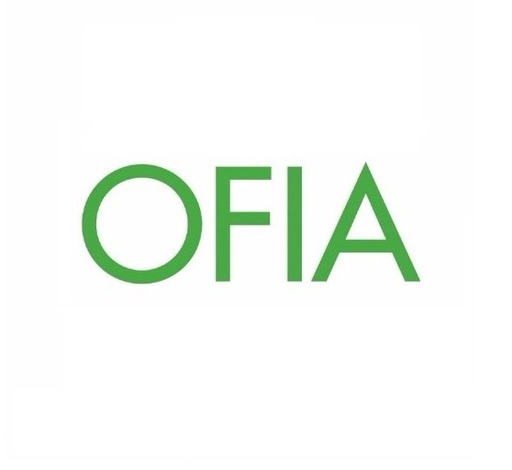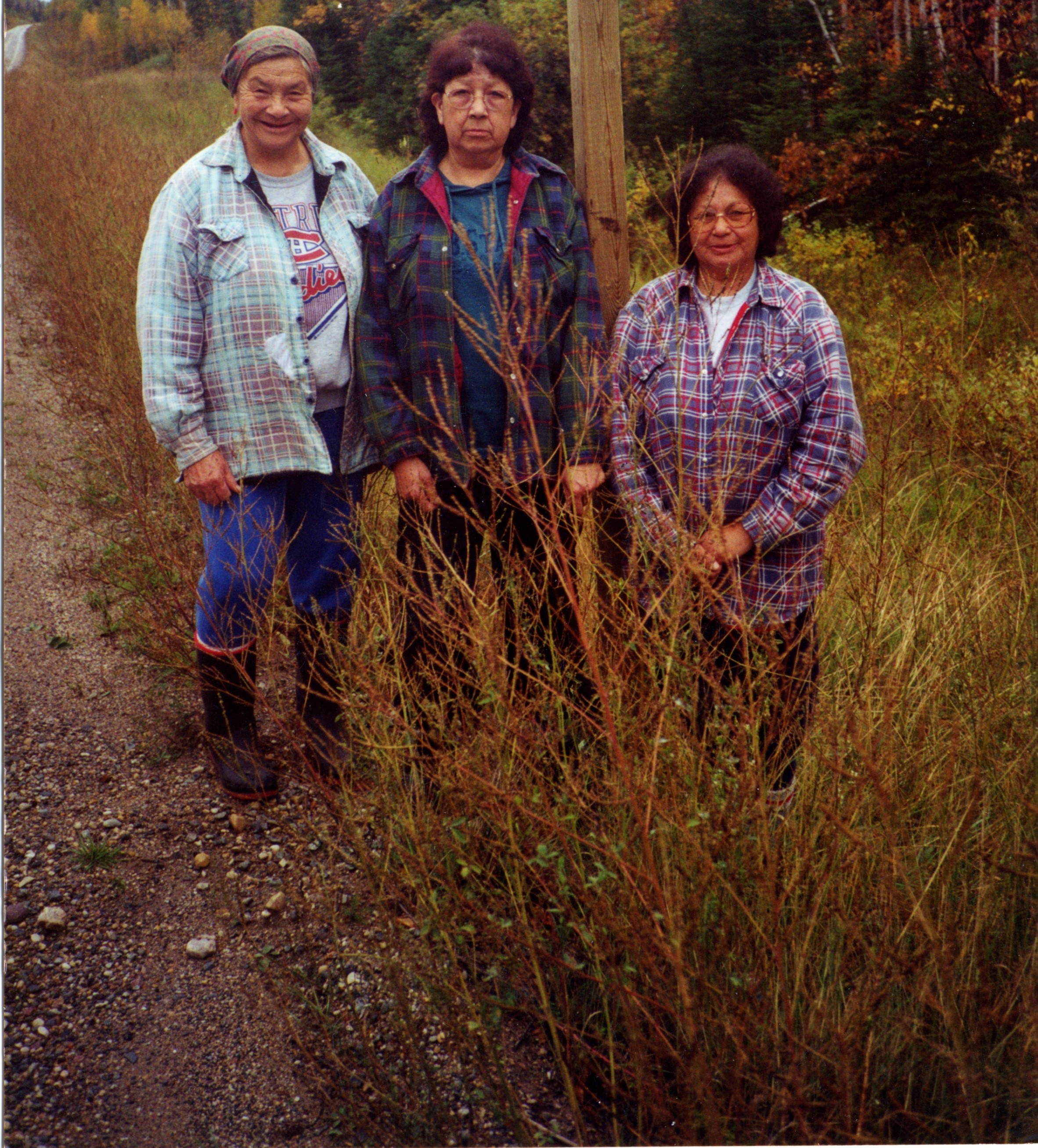Because forestry is an integral part of our communities.
2016 is a year of celebration and transition for the Hearst Forest. Celebrating the second year of the Forest Capital of Canada designation awarded to the Town of Hearst, Constance Lake First Nation and Mattice-Val Côté among them. 2016 also marks the recent retirement of our General Manager and our longstanding President of the Board of Directors. Grateful for their years of service and the legacy of the efforts and work of the pioneers who shaped this SFL, we are looking to the future and feel there is good reason to be optimistic on this 30th anniversary of Hearst Forest Management Inc.(HFMI).
The FCC designation awarded to “honour a community or region for its connectivity to the forest” by the CIF and CFA does not go unnoticed in communities whose histories and future are so closely tied to the forest. The communities and the forestry sector have come a long way since the first sawmill in the Hearst region became operational in the early 1900’s. With mills having been historically owned and operated by local families, forest renewal having been conducted primarily by First Nation planters historically, and Indigenous youth positioned to be an important part of the future of the forest sector, the evolution of the industry and this forest is deeply personal for our communities. Though most of these smaller mills are now history, the spirit and resilience of the many men and women who built our communities, this forest sector, live on in the three major operating mills and smaller custom mills that remain the driving force of our economy.
HFMI prides itself in being a reflection of that resilience. The longstanding SFL holder on the Hearst Forest, a landbase of 1,232,000 million hectares, HFMI was established in 1986 and was the first coop SFL in the province. Today our shareholders include Lecours Lumber Co. Limited, Tembec Industries Inc. and Columbia Forest Products but our Board of Directors is much broader and extends to our communities. Constance Lake First Nation joined the Board in 2009 and the Town of Hearst and municipality of Mattice-Val Côté more recently in 2011. Steered by consensus, success at managing the Hearst Forest under a coop model is attributed to understanding that our strength is closely linked to our relationships to each other and the forest.
Forests are important to us for a multiplicity of reasons, not all of which can be provided for without requiring arduous work. Forest management is more than a technical exercise, it is the combination of science and a balancing act of managing varying interests within a forest ecosystem. With much effort invested in our local relationships, FSC certification and working with an ever-changing legislative landscape that can at times compete with our ability to find common ground and respect for knowledge of the forest, the outlook seems ever more convoluted. Uncertainty is of course not only driven by economic circumstances.
Forests abound of opportunity and solutions. The growing evidence and recognition that forest management and our forests are an integral part of mitigation and adaptation to Climate Change is encouraging. The forestry sector is also an important part of meeting sustainability initiatives as it provides for a sustainable and ethical commodity supply chain for a local and international market.
With a strong sense of pride in our past and enthusiasm for our future, HFMI recently invested in spatial modelling to modernize our approach to forest management planning as we set our Long-Term Management Direction. With the objective to increase accuracy and efficiency, such investments provide greater assurances in the strength of the science that informs forest management, forestry operations and sustainability initiatives. We know this forest has a capacity to bring people together and though we are driven to provide for the future of our mills, forest sustainability is our focus as we work for the long term health of our forests, the forestry industry and those who call this forest home inclusively.


